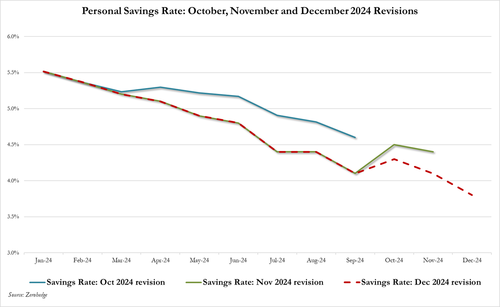Classified X-37B Spaceplane Returns To Earth
Classified X-37B Spaceplane Returns To Earth
About two weeks after the Secretary of the Air Force Public Affairs published the first-ever in-orbit image captured by Boeing’s X-37 spaceplane, the US Space Force revealed early Friday that the top-secret spaceplane has returned to Earth.
Space Force announced the X-37B Orbital Test Vehicle-7 (OTV-7) “successfully deorbited and landed” at Vandenberg Space Force Base, California, on early Friday around 0222 local time.
Images posted on X by the space agency show military personnel in laboratory protective suits, like NBC and/or BSL-4 suits, approaching the X-37 after touchdown at Vandenberg.
More images were posted on X of the X-37B, which concluded its seventh mission in orbit.
This time, X-37B remained in space for 434 days.
“While on orbit, Mission 7 accomplished a range of test and experimentation objectives intended to demonstrate the X-37 B’s robust maneuver capability while helping characterize the space domain through the testing of space domain awareness technology experiments,” Space Force wrote in a statement.
USAF Public Affairs posted this image from X-37B late last month during a series of “experiments in a highly elliptical orbit in 2024.”
With each successive top-secret mission, the X-37B spends long and longer time in orbit:
OTV-1: launched on Apr. 22, 2010 and landed on Dec. 3, 2010, spending over 224 days in orbit.
OTV-2: launched on Mar. 5, 2011 and landed on Jun. 16, 2012, spending over 468 days in orbit.
OTV-3: launched on Dec. 11, 2012 and landed on Oct. 17, 2014, spending over 674 days in orbit.
OTV-4: launched on May 20, 2015 and landed on May 7, 2015, spending nearly 718 days in orbit.
OTV-5: launched on Sept. 7, 2017 and landed on Oct. 27, 2019, spending nearly 780 days in orbit.
OTV-6: launched on May 17, 2020 and landed on Nov. 12, 2022, spending over 908 days in orbit.
OTV-7: launched on Dec. 29, 2023 and landed on Mar. 7, 2025, spending over 434 days in orbit.
. . .
Tyler Durden
Fri, 03/07/2025 – 23:00…







 (@upholdreality) March 7, 2025
(@upholdreality) March 7, 2025

 WHOEVER CONTROLLED THE AUTOPEN CONTROLLED THE PRESIDENCY
WHOEVER CONTROLLED THE AUTOPEN CONTROLLED THE PRESIDENCY
